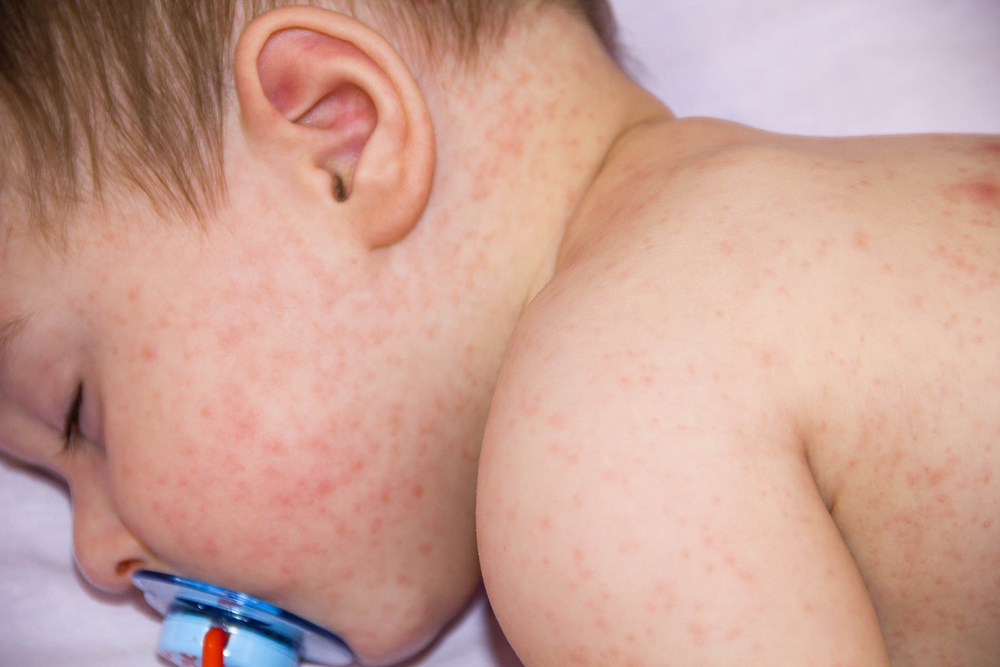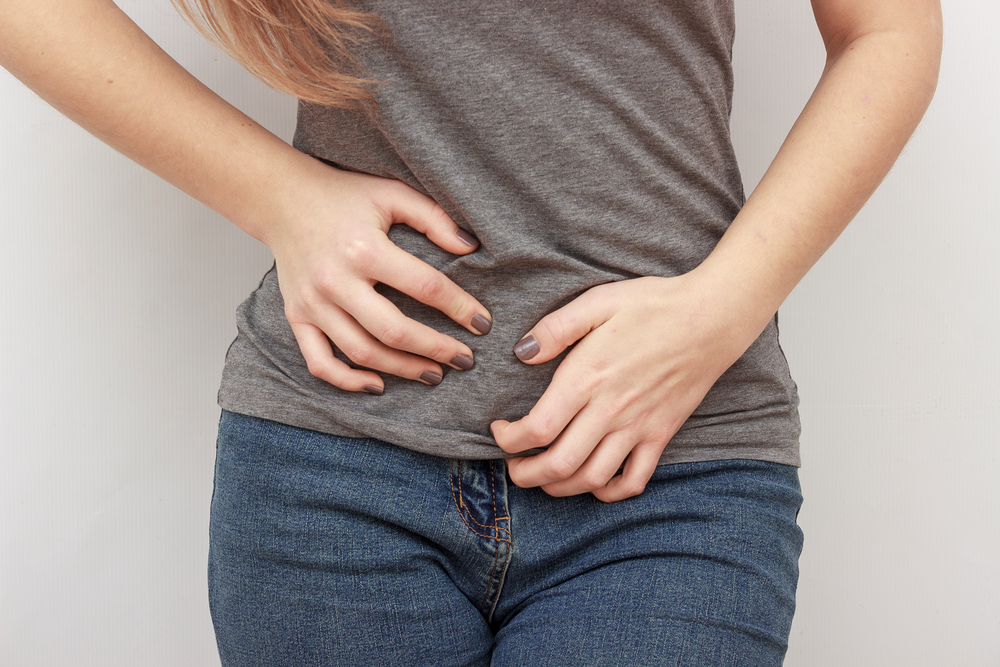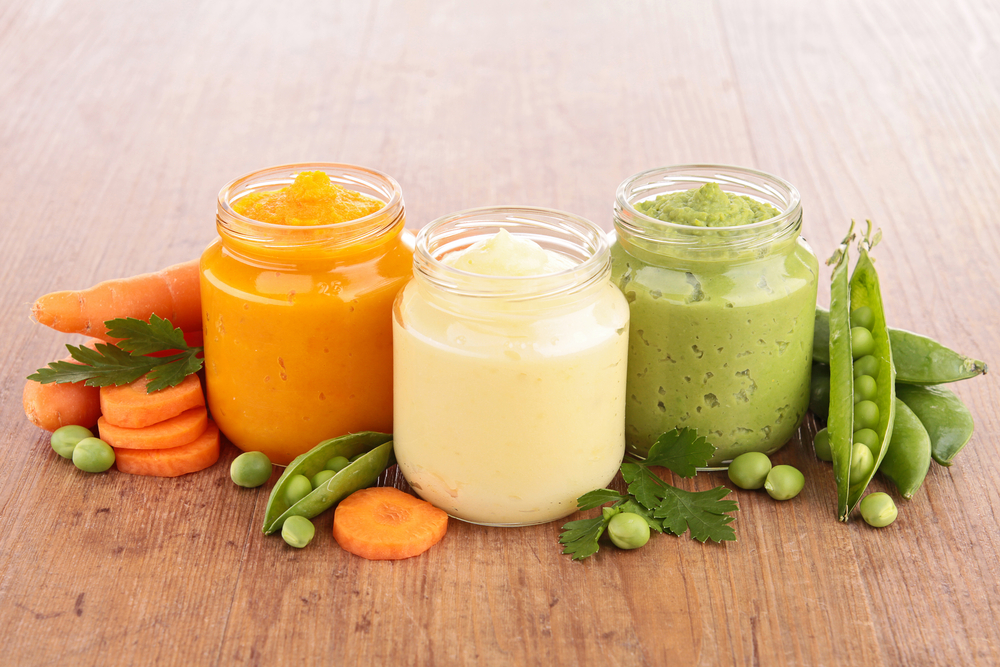Women’s Health
Nutritional considerations for women with PCOS

Polycystic Ovarian Syndrome, PCOS, is a condition characterized by symptoms like:
-
Irregular periods and missing cycles.
-
Weight gain.
-
Hirsutism (hair in the face, chest, back, and buttocks).
-
Loss of scalp hair.
-
Acne.
-
Abdominal obesity.
However, if you are suffering from PCOS, it doesn't mean that you will have all these symptoms. You don’t have to be overweight or insulin-resistant to suffer from PCOS.
Even the polycystic ovaries -highlighted in the name of the condition - are not a necessary manifestation of the condition.
It is a combination of metabolic, adrenal, pituitary, hypothalamic, and ovarian dysfunction and is often more complicated than a list of symptoms. The symptoms are different for everyone.
PCOS is one of the conditions that is highly affected by diet and lifestyle factors like exercise and stress. Changing your lifestyle can have a great benefit if you suffer from this condition.
Is insulin resistance the causing factor for PCOS?
Most women who suffer from PCOS also have insulin resistance. When you have insulin resistance, insulin levels rise in the blood. High insulin affects ovulation and increases the secretion of testosterone from the ovaries.
This creates an imbalance that leads to symptoms like weight gain, acne, hirsutism, weight gain, mood swings, and lack of periods. Some women have it the opposite way: elevated androgens (male sex hormones) happens first and then insulin resistance.
Some women do not develop insulin resistance at all, as I mentioned before, and this confirms that insulin resistance is not necessarily a causing factor in PCOS. It is associated with most women who suffer from PCOS but is not the direct causing factor as once believed.
Stress and PCOS
Emotional stress is notorious for causing the total loss of your period. Stress due to vigorous exercise can cause the same thing. Stress stimulates the pituitary gland to produce ACTH (adrenocorticotropic hormone), which stimulates the adrenal glands behind your kidneys to produce cortisol, adrenaline and noradrenaline.
ACTH also stimulates the adrenals to produce male sex hormones: DHEA, DHEA-S**, and androstenedione. The purpose of releasing these hormones is to protect the brain against the detrimental effect of chronic exposure to the stress hormones cortisol and adrenaline. It is clear now how stress can contribute to the most common manifestations of PCOS: unwanted hair growth, menstrual dysfunction, mood disorders, and acne.
*DHEA: dehydroepiandrosterone
**DHEA-S: dehydroepiandrosterone sulfate (DHEA-S)
Lifestyle modification for PCOS
Food
The glycemic index is the ability of a certain food to raise blood sugar. A diet for PCOS should be low in the Glycemic Index (GI). Refined carbohydrates and sugars can raise blood sugar very quickly, which leads to a spike in insulin; this means they have a high GI.
Here are some nutritional tips you will need to consider in your diet with PCOS:
-
.Always choose real food over processed food
Legumes, fruits, and vegetables still have carbs. However, they also contain fibers to slow down the absorption of these carbs, which means they have a lower glycemic index. -
Some natural foods have a higher glycemic index than others (potatoes, corn, bananas, dates, and tropical fruits).
In that case, to enjoy these foods, combine them with a protein/fat-rich food like nuts, olive oil, sesame paste, or avocados. -
Avocados are also known for their positive effects on fertility.
Legumes are high in inositol, which is very helpful for PCOS (see the supplement section). Sesame seeds improve the hormonal profile in women with PCOS.
One study found that 50 gms of sesame seeds per day for five weeks significantly reduced androgen levels in PCOS patients. 1-2 tablespoons of tahini paste or 1/4 cup of sesame seeds are enough per day to induce these positive effects. -
There are many vegetables and fruits that naturally have a low GI.
like: Zucchini, asparagus, carrots, broccoli, cauliflower, celery, apples, berries, kiwi, plums, and even oranges and grapes. -
Whole grains like brown rice, millet, and buckwheat are certainly a better choice than refined grains.
-
Fish, poultry, and meat are good sources of proteins as long as you choose the source carefully and not overdo it.
It's preferable to take more protein from vegetable sources like legumes in PCOS. High protein diets may negatively affect PCOS because they can still increase insulin release. -
Fructose is also an important factor in the PCOS diet.
A normal amount of fructose from fruits is processed in the body in a very different way than a high amount of fructose from desserts, high-sugar beverages, or even fruit juice. Reduce the amount of fructose in your diet.
When a large amount of fructose is ingested, it goes straight to the liver, inducing inflammation and impairs insulin sensitivity.
In summary, eat real foods, choose the highly nutritious ones, opt for a lower glycemic index. Make sure you eat a balanced diet that includes fibers, good fats, and proteins in every meal.
Supplements
Many supplements have been studied for the support of PCOS. The choice of supplements depends on the type of PCOS you suffer from, symptoms, and goals.
Some supplements support ovulation and pregnancy if that’s your goal. Others improve insulin sensitivity and reduce insulin resistance in combination with diet and lifestyle modifications. It’s important to work with your healthcare practitioner to decide the best supplements for your body.
Correction of deficiencies
Magnesium, zinc, calcium, chromium, and vitamin D are important for normal cellular function and hormone production. Correction of these deficiencies has shown to be very helpful while treating PCOS.
Inositol
There are two types: Myo-inositol and D-Chiro-inositol. Inositol is found in fruits, beans, and buckwheat. Both MYO and DCI work as secondary messengers to regulate hormones like *FSH, **TSH, and Insulin. Women with PCOS have a defect in their ability to use inositol properly; this could be why they have higher insulin levels.
Improvement of insulin sensitivity, reduction of testosterone, and improvement of ovulation are all effects seen after the correction of the inositol level.
*Follicle Stimulating Hormone
**Thyroid Stimulating Hormone
Berberine
This is one of the most studied supplements. It has been compared to Metformin, the active ingredient in Glucophage, and found at least as effective. It does not carry the side effects associated with Metformin, like vitamin B12 deficiency and gastrointestinal symptoms.
However, long-term treatment with Berberine may disrupt the microbiome because it is a natural antibiotic. Berberine was shown to be effective at reducing insulin resistance, improving the menstrual cycle regularity and ovulation. The effective dose is 400 mg 3 times daily for 4 months.
N-Acetyl Cysteine
Fights oxidative stress and inflammation. It protects insulin receptors and influences insulin receptor activity and insulin secretion from pancreatic cells. It also improves pregnancy rates and ovulation when compared to placebo. Dose: 1.6-3 g daily. The usual dose is 600 mg, 3 times daily for 24 weeks.
Cinnamon
When used regularly as a supplement, it improves menstrual regularity and insulin resistance. Suggested dose: 500 mg, 3 times daily for 6 months.
Curcumin
In a recent rat study, curcumin was able to restore ovulation and reduce testosterone in PCOS-induced rats. Curcumin is a powerful anti-inflammatory agent and could also treat the chronic inflammation associated with most chronic diseases like PCOS. It’s also an antioxidant, increases detoxification, has a chemoprotective activity, and is immunostimulatory. What more can you ask of one supplement?
Managing stress
Do not undermine the effect of stress on your body. Whether it’s emotional stress, dietary stress (too low calories), exercising too much, or even food triggers and toxins can have a stressful effect on your body and release stress hormones. As I mentioned above, stress can increase androgens and cause adrenal PCOS.
Stress can be better managed if you have a baseline relaxed body and mind. Breathing techniques, meditation and yoga can help with that. I also recommend journaling for some people. It's a great way to reflect and get to know yourself better.
Women suffering from hormonal disorders generally gain a huge benefit from lifestyle modifications. You can control many things if you believe in the power of changing your food habits and stress-management skills.














